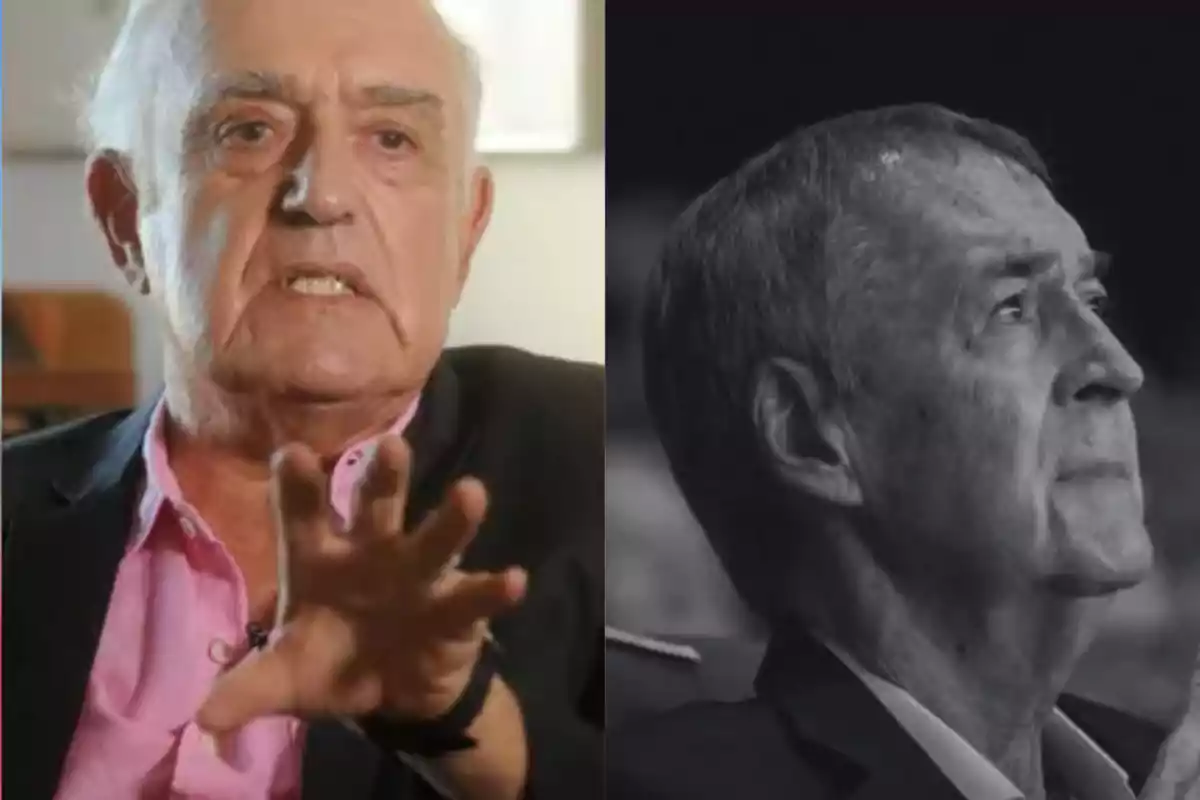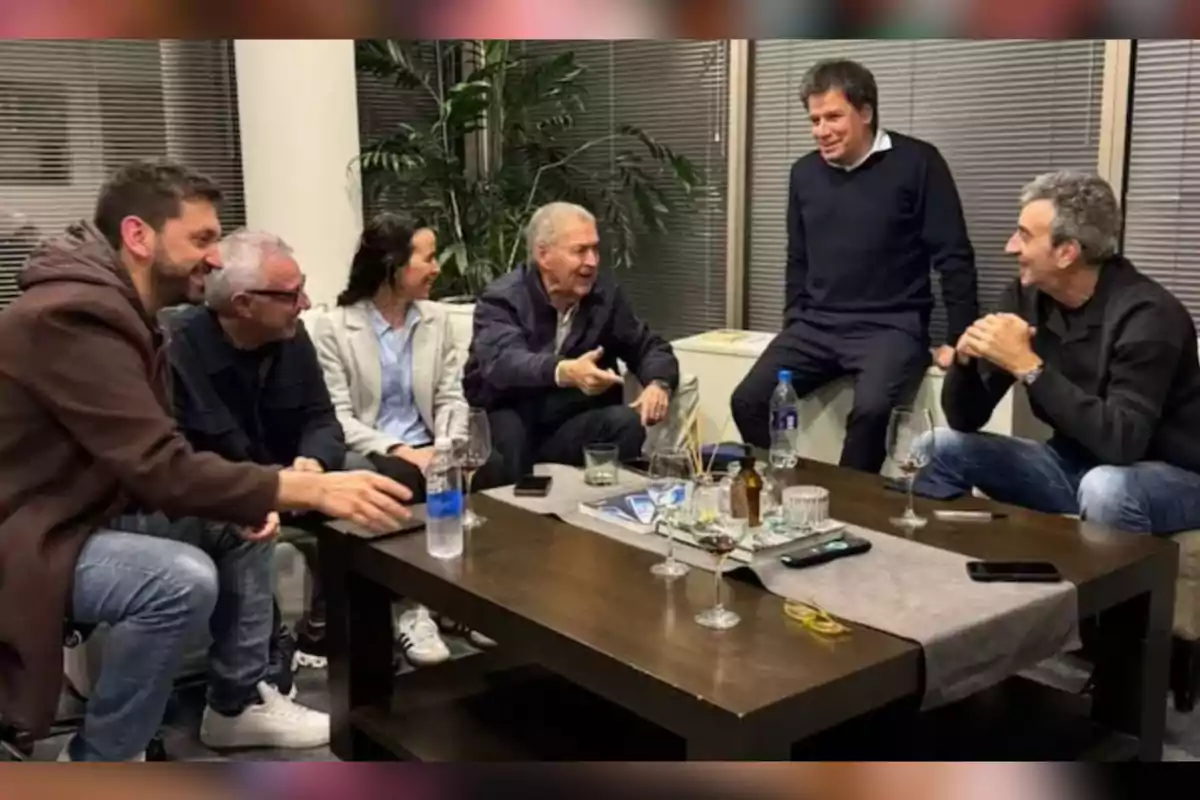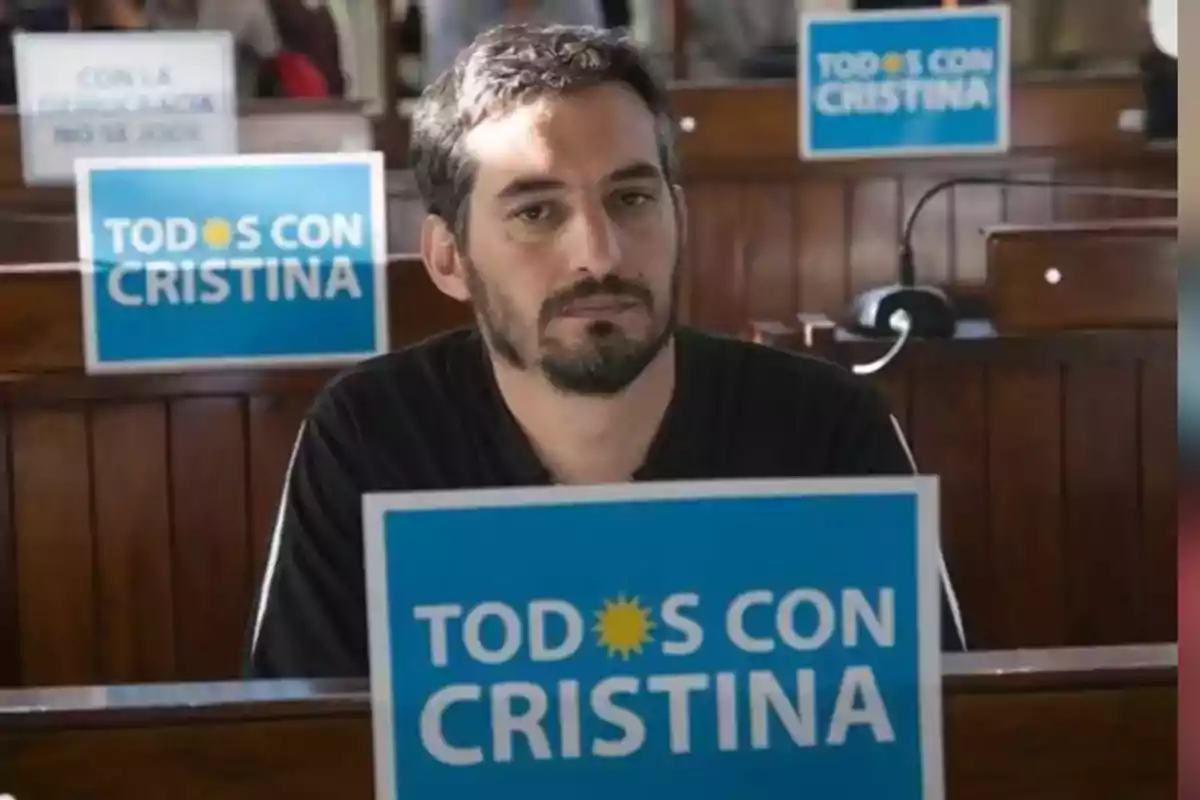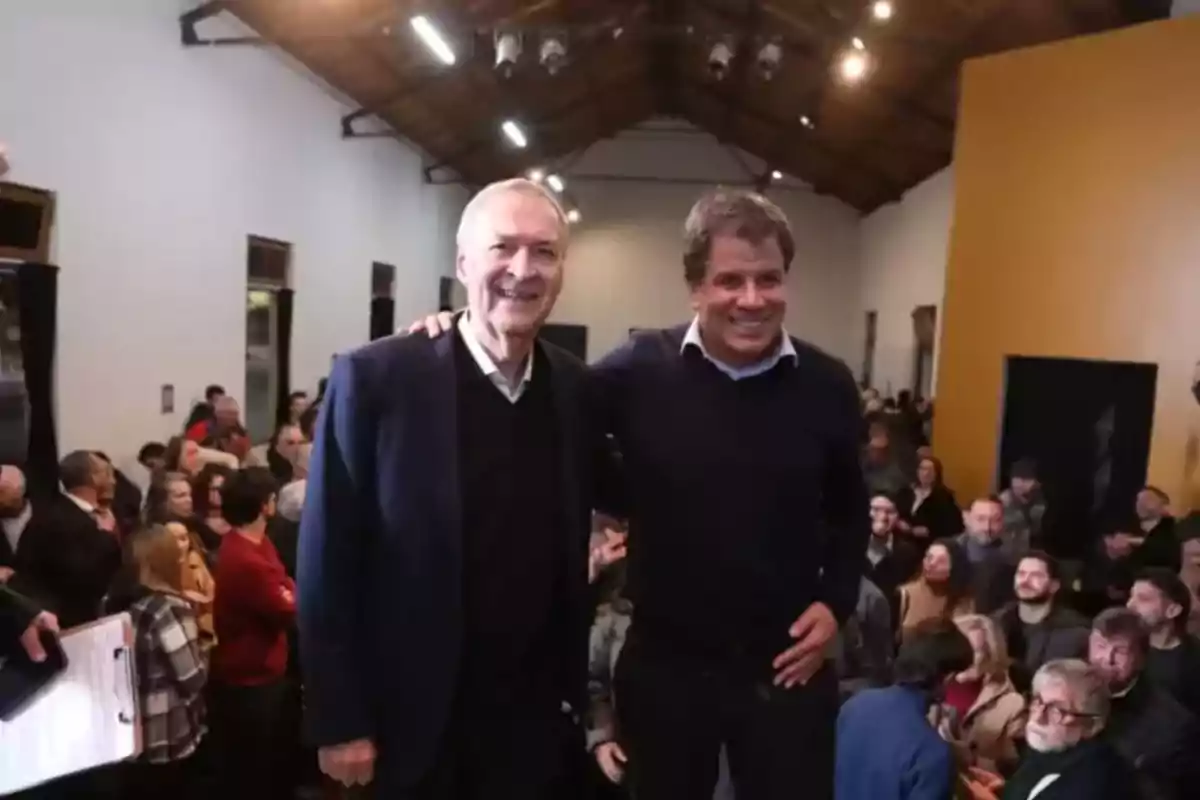
Carlos Ruckauf questioned the Schiaretti-UCR alliance: 'I never imagined it'
The former vice president commented on Schiaretti's electoral strategy and the arrival of investments
Former Vice President Carlos Ruckauf, in a conversation with La Voz del Interior, expressed his surprise at the recent alliance between Juan Schiaretti and radical sectors."I never imagined an alliance between Schiaretti and the Radicals," he said when interviewed. In his analysis, he pointed out that this agreement seeks to break the logic of national polarization.
The coalition "Somos Buenos Aires" was formed by Schiaretti together with 25 UCR mayors. Among them is Facundo Manes, current national deputy. With an ironic tone, Ruckauf concluded: "All that's left is for Manes to announce Schiaretti's presidential candidacy."

Questions about the extension of the deadline for submitting lists
Ruckauf also targeted the 38-hour extension set for the deadline for submitting lists in the PJ. He considered that this measure is "a trap" to the detriment of the other groups. "It's an injustice for the other lists," he added critically.
According to the former official, traditional Peronism is in a state of implosion. "Kirchnerism reached its peak crisis yesterday," he stated. For Ruckauf, this crisis explains strategic moves like Schiaretti's.
Despite the attempt to build a third way, from the liberal government they point out that society no longer believes in opportunistic alliances. "These are desperate moves that don't connect with people," commented a libertarian advisor off the record.

Meanwhile, in Córdoba, residents suffer from Kirchnerist mismanagement, and in Buenos Aires something similar is happening. Facundo Lococo, a K activist who attacked the TN and eltrece building, was rewarded: he's third on Fuerza Patria's list of councilors.
He was identified by the courts and linked to damage at Artear and, even so, Kirchnerism nominates him. For them, violence isn't punished. It's rewarded.

Traditional Peronism in decline
The coalition led by communist Axel Kicillof, under the name Fuerza Patria, was finalized after lengthy negotiations. Kirchnerism placed key figures in almost all districts, while Massismo managed to retain positions with legislative weight. The Movimiento Derecho al Futuro also contributed names close to the governor.
In the First district, Gabriel Katopodis leads, followed by Malena Galmarini and Mayor Mario Ishii. In the Third, the vice governor and ultra-Kirchnerist Verónica Magario heads the list, followed by La Cámpora leaders such as Facundo Tignanelli and Mayra Mendoza. The other districts replicate the scheme with a strong K imprint.

In this context of hyperfragmentation, the presence of a new coalition promoted by Schiaretti represents yet another political fracture. Far from Kicillof's apparatus, Somos Buenos Aires will seek to capture the vote of moderate non-K Peronism. In parallel, the coalition reflects the "cordobesismo" strategy to project itself nationally.
Finally, when asked about Javier Milei, Ruckauf stated that if the President wins the October elections, investments will arrive. He argued that businesspeople from the United States express fear to him about a possible return of Kirchnerism. "If Milei does well, investments will come," he said.
More posts: